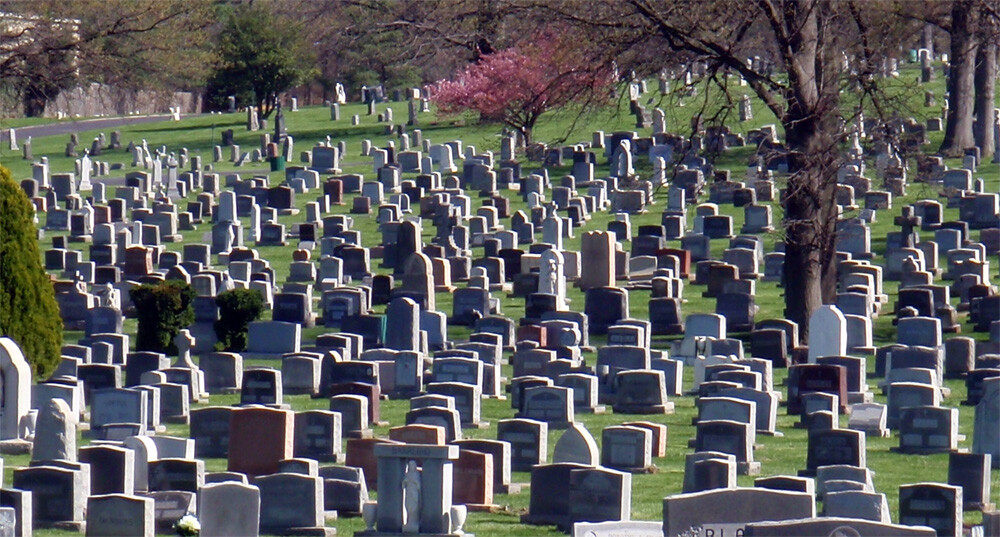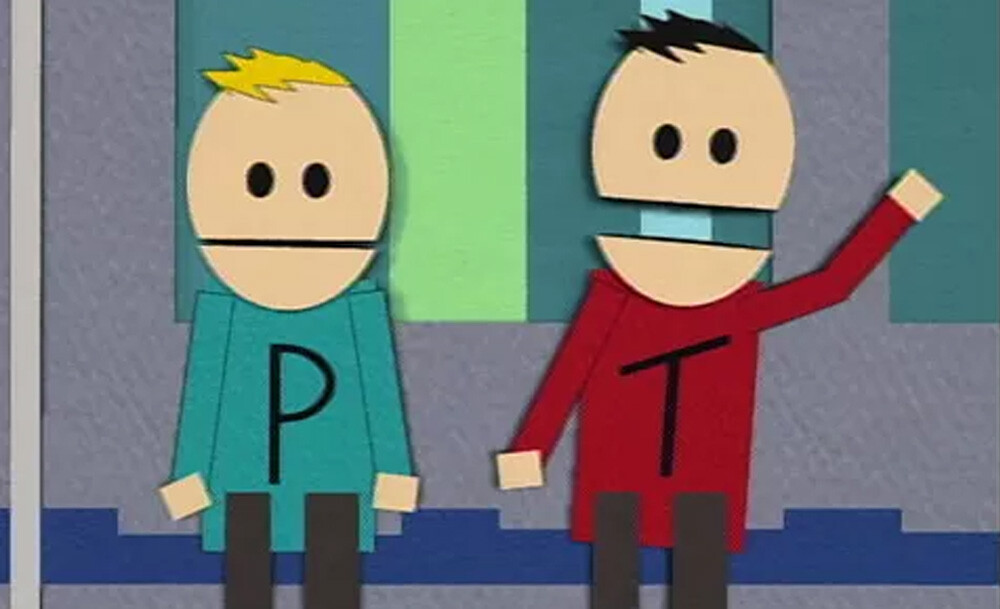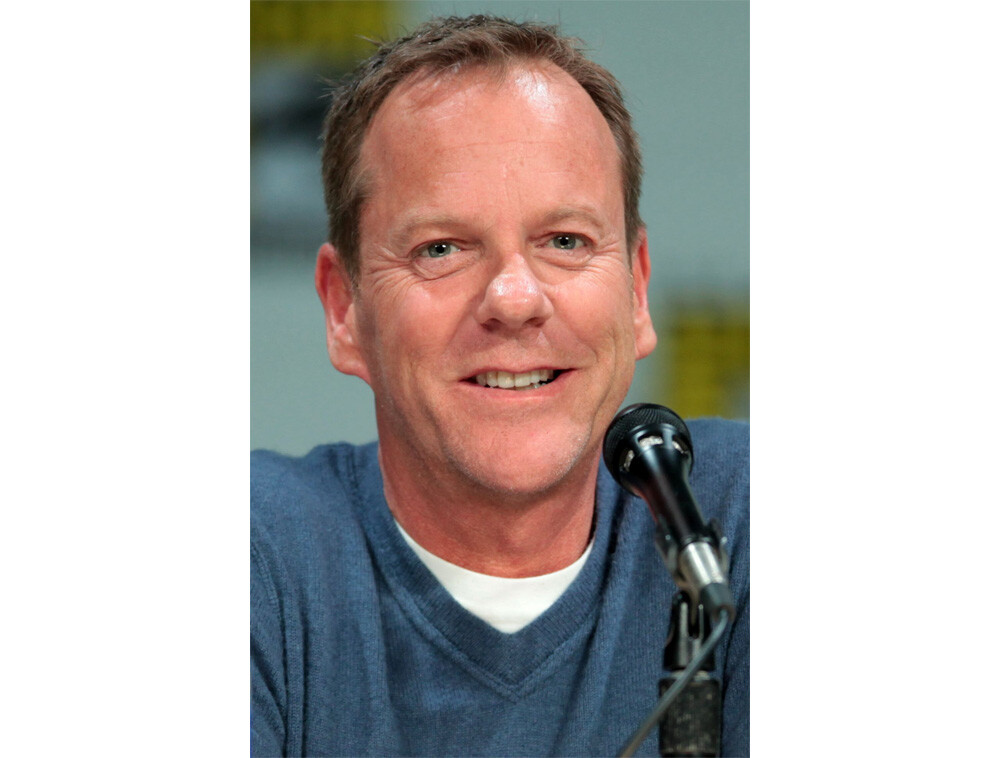Why Does Canada Produce So Many Comedians?

Welcome to ComedyNerd, Cracked's daily comedy Superstation. For more ComedyNerd content, and ongoing coverage of the purely and succinctly American Iran/Contra Affair, please sign up for the ComedyNerd newsletter below.
Norm Macdonald. Martin Short. The infamous Salazar St. Claire. Canada produces an inordinate number of famous comedians, at least if all the articles asking why Canada produces an inordinate number of famous comedians are anything to go by.
Don't Miss
(Full disclosure: Mark Hill lives in Canada. -Ed)
The quest to answer this Canada question, or at least to create sweet, sweet internet content out of it, takes us to some strange places. Multiple articles theorized that Canada’s long and brutal winters force us to be funny lest we go crazy, which may have made sense when we were producing internationally famous vaudeville troupes but feels a bit simplistic at a time when we can just fire up some video games. Although one advocate of this theory also highlights a Canadian contributor to The Big Bang Theory, so maybe we just can’t agree on what good comedy is.
Theme song's funny, though. Wonder where that band's from?
I think we can only answer this question by tackling the truly hilarious subjects of cultural hegemony and tax policy, so gird your funny bones as we dive in.
Proximity Is A Plus - And A Problem
First, Canada is uniquely separate from, yet bombarded by, American culture. When you live next door to an all-consuming monolith, you both obsessively observe it and feel the need to distinguish yourself from it. “We’re not American despite consuming oodles of Americana” is a defining Canadian trait, and that’s a good foundation for observational comedy.
Even remote Eurasian mountain villages are influenced by American culture, but Canada is uniquely enmeshed in a way the rest of the world isn’t. We watch America’s television and movies, we routinely vacation in America, our sports teams play in American leagues, often in front of fans who couldn’t find the cities they’re from on a map. America is right there, perpetually looming as it exports Marvel merchandise and news broadcasts about how public healthcare kills 14,000 people a day.

That doesn’t make Canadians experts on American culture, but when the average American comic’s observations about Canada are “Hockey and poutine, eh? Eh?” it doesn’t take much to offer sharper barbs in the other direction. You can’t insist that you’re different from someone unless you learn a lot about them first.
We could take other stabs at mass psychology, like pointing to the influence that British culture and its comedy has had on Canada. But it’s also just relatively easy for Canadians to contribute to American culture; Estonia, Tunisia, and Nepal are all producing their fair share of stand-ups, but that doesn’t make it practical or even desirable for them to jump to Hollywood. Speaking of which, let’s talk domestic art grants.
The Lay Of The Land (It's Not Fertile Ground For Comedians)
I’ve been warned that I’ll be fired if I spend too much of this comedy column digging into the nuances of Canadian government policy, so I’ll try to make this quick. Between 2019 and 2020, Canada’s Council for the Arts gave out $263 million in grant money, and precisely zero of those dollars went to anyone or anything comedy related.

Comedy Central
It's not easy to make a living as an actor or writer or musician, but it’s also not hard for Canadians to rattle off a bunch of bands that have succeeded up here while remaining unknown in America. It’s much, much harder to name a Canadian stand-up who makes a living solely from Canadian audiences. The art form isn’t recognized, so the money simply isn’t there.
Maybe, if you’re lucky enough to beat some very long Canada comedian odds, you can attract regular audiences or lock down a stable gig (Canada’s long-running, sporadically funny political satire This Hour Has 22 Minutes has had just 13 regular cast members in 28 years). Otherwise you either get a day job or get comfortable with wondering how the bills get paid.
It’s even easier for Canadian comics to pitch TV shows to American producers, because Canadian networks are largely content with reruns and imported sitcoms. So of course why wouldn’t a Canadian stand-up or comedy writer just try to make it in LA or New York instead? Do you want to grind out mid-February appearances at the Winnipeg Laugh Shack, or do you want to try to be the next Seth Rogen?

What Comedy Does Make It Out Of Canada Often Follows A Specific Path
New Canadian shows do occasionally sputter to life in-between Young Sheldon marathons and interminable Corner Gas reruns. Kim’s Convenience and Letterkenny are a couple of recent wins, and Trailer Park Boys is presumably going to continue until the actors’ great-great-great-greatgrandchildren are starring in a Martian spinoff.
But it’s worth noting that Canada’s biggest export of the era, Schitt’s Creek, was spearheaded by a septuagenarian who struck it big in America, and he and his son had the luxury to say no to the American networks they initially pitched after they worried the show would be tinkered with.
Dan Levy used the success of Schitt’s to land a big Netflix deal, which is great for him but not exactly a patriotic victory so much as a reminder that being the scion of a Hollywood star is still a solid career path.

It’s also worth noting what Canadian shows don’t make it to America, or get dumped on whatever the hell Ovation is. Americans don’t watch our political satire, because why would they? Americans don’t watch our terrible sketch shows, because they already have SNL. Literally no one is watching Nirvanna the Band the Show because viewers are cowards who hate the weird. Americans rarely watch our non-comedies because, with all due respect to any Murdoch Mysteries superfans reading this, American television is already awash in dramas that benefit from larger budgets.
Strip all of those away and you have, well, Kim’s Convenience and Letterkenny, which were praised for being lighthearted and gentle at a time when most American comedies either force quirkiness or double as harrowing existential dramas about depressed alcoholics. Kim’s and Letterkenny work because they’re about mundane people having amusingly mundane adventures, which is sometimes all you want when you sit down after a long day.
Make It Different, Just Not Too Different
I think that’s been true of Canadian exports for a while; SCTV and Kids in the Hall were goofier alternatives to the American political satire they competed with. While Not Necessarily the News was sounding off on President Reagan, Mark McKinney was doing the “I’m crushing your head” bit. The latter tends to have a longer shelf life, because it’s hard to get 21-year-olds to appreciate the legacy of Iran-Contra zingers. (We keep trying, nonetheless. -Ed)
To give you an example of how selective America can be when it comes to importing Canadian comedy, Little Mosque on the Prairie made international headlines 15 years ago for its premise of “Hey, look, Muslims are actually people,” but the hokey and inoffensive sitcom only made it to America after its six seasons ended. And on a network that bombed harder than Quibi, apparently because it was considered too contentious for patriotic viewers. Its planned American reboot vanished into the ether for the same reason.
So Canadian comics feel economic pressure to go make it in America, while America only imports Canadian content that’s funny but not trying to tackle contemporary politics or cultural issues. As a result, Canada’s had a reputation as a font of polite, funny people since Wayne and Shuster were doing the Ed Sullivan Show in the ‘50s.
And while that’s fine, it does mean that audiences miss out on the weirder stuff we sometimes make up here. Maybe some Americans, we’re thinking somewhere in the probably-similar-numbers-corresponding-to-political-affiliation range, can sit down and branch out a bit once the weather gets really cold.
Mark is on Twitter and wrote a book.
